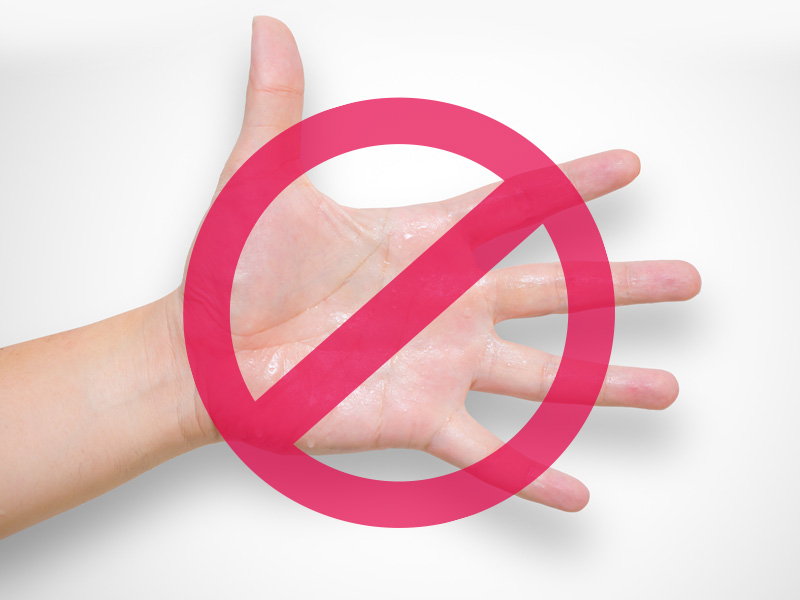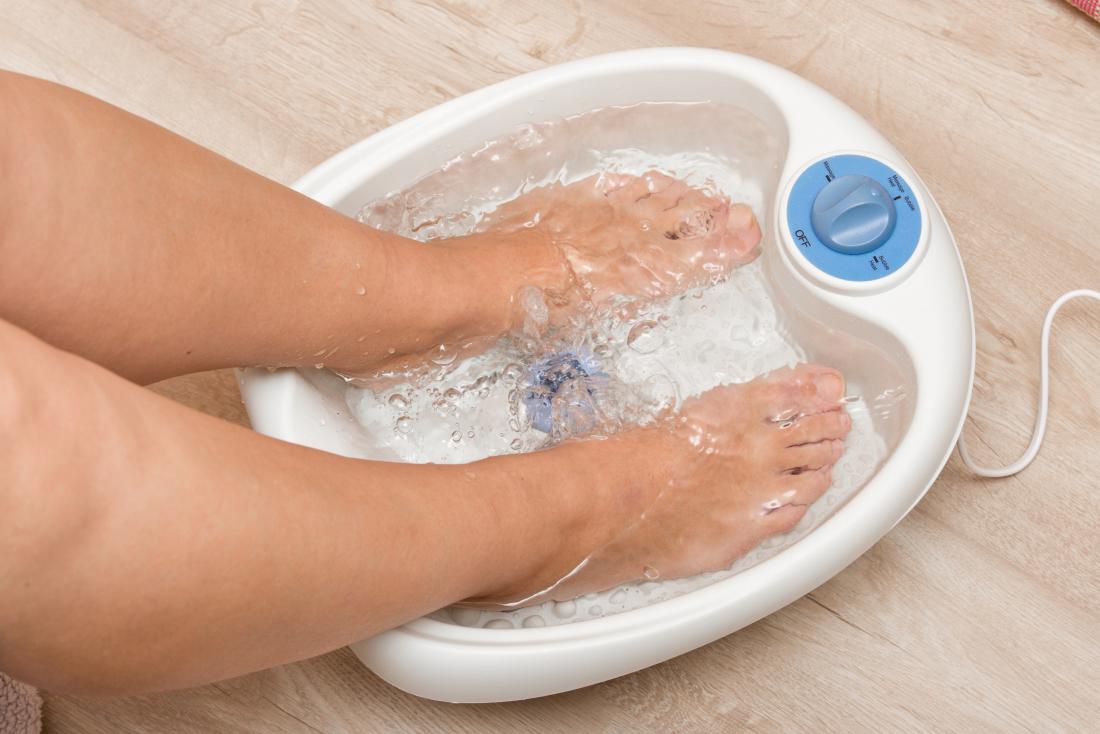Professional Dermatology Solutions for Treatment of Hyperhydrosis of Hands: Comprehensive Guide
Professional Dermatology Solutions for Treatment of Hyperhydrosis of Hands: Comprehensive Guide
Blog Article
Comprehending the Origin Causes of Excessive Sweating and Its Effect On Day-to-day Live
Extreme sweating, likewise referred to as hyperhidrosis, is a condition that impacts a substantial section of the population, yet its underlying causes and effects on day-to-day functioning stay rather enigmatic. While it is generally understood as a physiological reaction to control body temperature level, the triggers for excessive sweating can vary commonly among individuals, including not just physical variables yet mental and likewise psychological components. The influence of this problem expands beyond mere pain, often influencing social communications and total top quality of life. By diving into the root causes of hyperhidrosis and exploring its complex results, a much deeper understanding of this pervasive issue can be gained, shedding light on the intricacies that people grappling with too much sweating browse on an everyday basis.
Physiology of Sweat Glands
The guideline of sweat production, an important physiological procedure, is mainly managed by the activity of gland distributed throughout the human body. Gland are categorized right into two primary types: eccrine and apocrine glands. Eccrine glands are the most numerous and are discovered in nearly all locations of the body. They play a vital duty in thermoregulation by secreting a watery fluid onto the skin's surface, which evaporates and helps cool the body down. On the other hand, apocrine glands are focused in areas abundant in hair follicles, such as the underarms and groin, and their secretions are thicker and milky in appearance.
When the body temperature increases, either as a result of exercise, high temperature levels, or emotional stress, the anxious system causes the gland to generate sweat. This sweat is composed largely of water and electrolytes like sodium and chloride. The process of sweat manufacturing is essential for preserving the body's interior temperature level within a slim, optimal range, highlighting the critical function sweat glands play in human physiology.
Triggers for Excessive Sweating
In recognizing the root causes of excessive sweating, it is important to determine the triggers that can bring about this physical feedback. Excessive sweating, also known as hyperhidrosis, can be triggered by different aspects, both ecological and physical. One usual trigger is psychological stress and anxiety or anxiety, which can stimulate the body's gland to generate even more sweat than is essential for cooling down. Physical exertion, heats, and spicy foods are also known to trigger too much sweating in people susceptible to this problem. Additionally, specific medical conditions like menopause, diabetes mellitus, or hyperthyroidism can add to extreme sweating as well.
Furthermore, drugs such as some antidepressants, opioids, and specific supplements can also serve as triggers for hyperhidrosis. Understanding these triggers is crucial in handling excessive sweating successfully - Full Article Treatment for hyperhydrosis of hands and feet. By determining and resolving the certain triggers that prompt extreme sweating in a specific, doctor can develop individualized therapy plans to alleviate this problem and boost the individual's high quality of life
Medical Issue Associated
Related to extreme sweating are numerous clinical conditions that can aggravate this physiological action. One usual condition is hyperhidrosis, a condition identified by extraordinarily enhanced sweating that surpasses the body's thermoregulatory demands. This can manifest in focal areas like the hands, soles, underarms, or face, influencing an individual's quality of life because of social shame and pain.
Furthermore, endocrine problems such as hyperthyroidism, diabetic issues, and menopausal hot flashes can also lead to too much sweating. Hyperthyroidism triggers an overproduction of thyroid hormones, increasing metabolic rate and triggering sweating.
Moreover, infections like tuberculosis, endocarditis, and hiv have been related to evening sweats, a typical sign understood to interfere with sleep and influence total wellness. These medical conditions highlight the varied array of underlying aspects that can contribute to too much sweating, requiring comprehensive analysis and administration by healthcare experts.
Emotional and emotional Variables

Influence On Social Communications
Extreme sweating can have extensive effects on an individual's capacity to engage easily in social interactions. The visible indicators of sweat discolorations or wet spots on apparel can result in shame and self-consciousness, causing people to take out from social situations. This withdrawal can affect partnerships, limit social activities, and prevent personal and expert development.

In addition, the anxiousness and self-esteem issues stemming from excessive sweating can impact communication and interpersonal skills. Individuals might battle to concentrate on discussions, join group tasks, or share themselves with confidence. This can lead to feelings of seclusion and isolation, as social links come to be testing to keep.
Final Thought

While it is frequently comprehended as a physiological response to manage body temperature level, the triggers for extreme sweating can differ extensively among people, including not only physical variables however likewise emotional and emotional aspects. By delving right into the root creates of hyperhidrosis and exploring its multifaceted results, a deeper understanding of this pervasive problem can be acquired, losing light on the intricacies that individuals grappling with too much sweating navigate on a day-to-day basis.
Physical effort, high temperatures, and spicy foods are likewise known to cause extreme sweating in individuals vulnerable to this condition. By recognizing and attending to the particular triggers that motivate excessive sweating in a specific, healthcare providers can create personalized therapy plans to alleviate this problem and improve the individual's top quality of life.
Excessive sweating can have extensive effects on an individual's capacity to engage easily in social communications.
Report this page